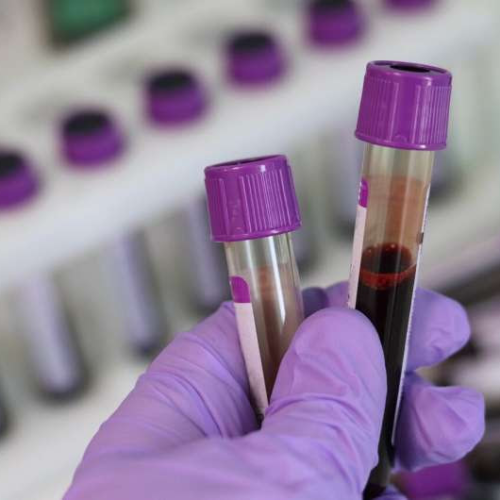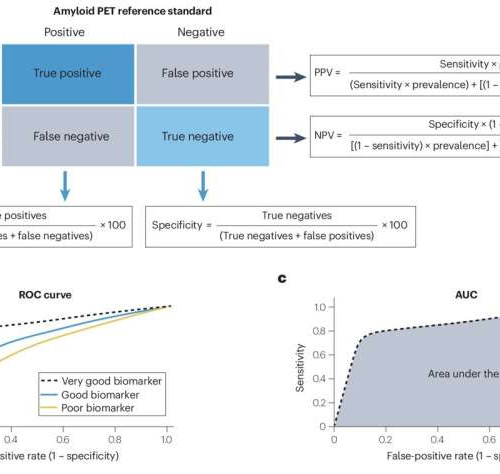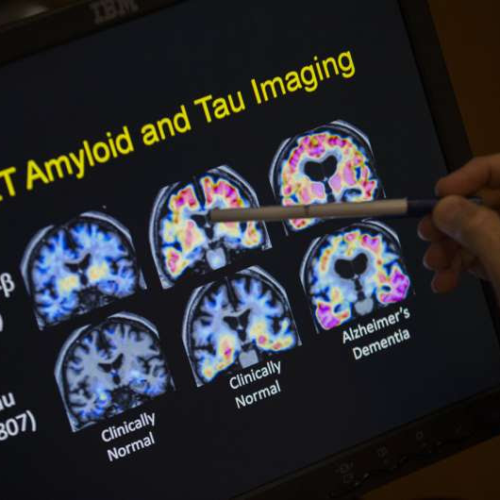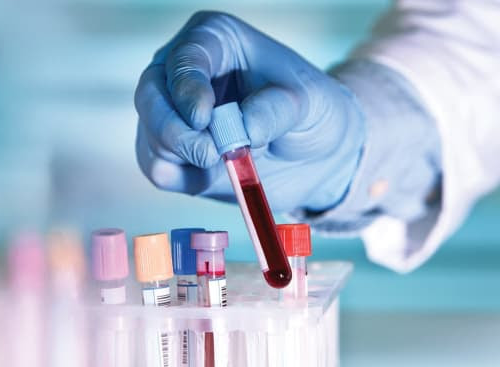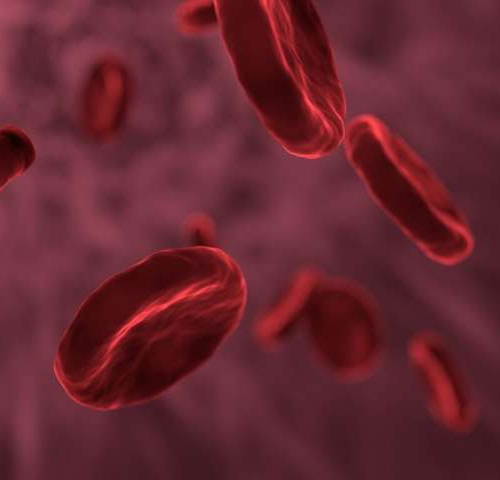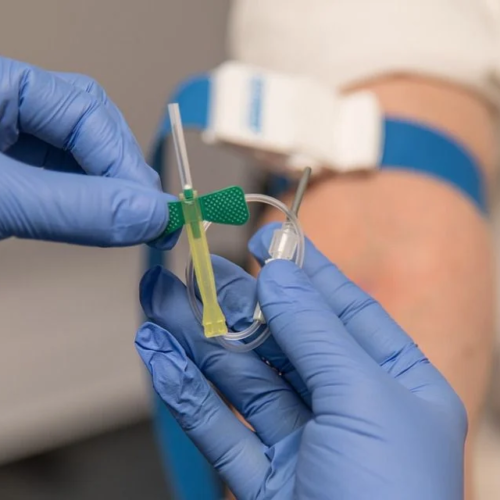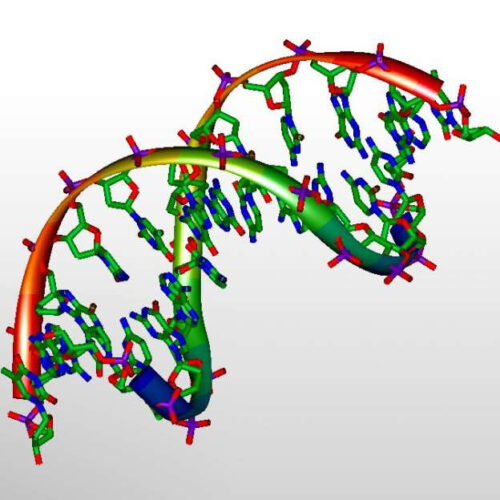August 20, 2024 by Marla Paul, Northwestern University Credit: CC0 Public Domain Just as your primary care physician offers routine blood tests to gauge cholesterol or glucose levels, they might soon offer a blood test to diagnose Alzheimer’s disease. Two papers presented recently at the Alzheimer’s Association International Conference (AAIC 2024) add to growing evidence...
Tag: <span>blood tests</span>
Blood tests outperform doctors at diagnosing Alzheimer’s
A commercially available blood test did a better job of detecting Alzheimer’s disease than primary care doctors or specialists using traditional tools, according to findings from a large study. Patients being evaluated for cognitive problems were tested with C2N Diagnostics’ PrecivityAD2 blood test, which looks for fragments of amyloid beta and tau proteins known to...
Accuracy of diagnostic blood tests for Alzheimer’s disease varies
July 30, 2024 by Washington University School of Medicine Determining performance of blood biomarker tests for amyloid pathology.Neurologists diagnose cognitive impairment with a clinical exam of memory and thinking skills. To determine whether Alzheimer’s disease is the cause of the cognitive impairment, evidence of the specific brain changes that characterize Alzheimer’s must be obtained, typically...
Blood tests for Alzheimer’s may be coming to your doctor’s office. Here’s what to know
July 29, 2024 by Lauran Neergaard A doctor points to PET scan results that are part of a study on Alzheimer’s disease at Georgetown University Hospital, on Tuesday, May 19, 2015, in Washington. Credit: AP Photo/Evan Vucci, FileNew blood tests could help doctors diagnose Alzheimer’s disease faster and more accurately, researchers reported Sunday—but some appear...
Which blood tests do you really need? And how often should you get them done?
Which blood tests do you really need? And how often should you get them done? By Laura Entis detail of hand in blue nitrile glove holding vile of bloodPhoto: ShutterstockSometimes it may feel like almost every visit to the doctor includes a dreaded blood draw. Blood tests can reveal a lot about the state of...
Less invasive for patients: Using blood tests to diagnose lung cancer
by Eindhoven University of Technology Credit: Pixabay/CC0 Public DomainCurrently, when lung cancer is suspected, a “morsel” of tissue is removed and examined under the microscope. This may change in the future. During her Ph.D. research, Sylvia Roovers-Genet examined proteins in the blood of people with, without, and with possible lung cancer, and thereby developed a method...
Researchers Improve Blood Tests’ Ability to Detect and Monitor Cancer
Tumors constantly shed DNA from dying cells, which briefly circulates in the patient’s bloodstream before it is quickly broken down. Many companies have created blood tests that can pick out this tumor DNA, potentially helping doctors diagnose or monitor cancer or choose a treatment. A blood test procedure. Image credit: Max Pixel, CC0 Public Domain...
Anti-clotting pill may spare kids from frequent injections, blood tests, dietary changes
by American Heart Association Credit: CC0 Public Domain For children with rare heart conditions such as Kawasaki disease, heart failure or congenital heart defects that increase the risk of blood clots, a daily anti-clotting pill may safely allow them to avoid the frequent injections, blood tests and changes in diet and medication dosage required with...
Cancer DNA blood tests validated by international research team
by Garvan Institute of Medical Research 3D-model of DNA. Credit: Michael Ströck/Wikimedia/ GNU Free Documentation License An international team today reports the findings of an independent assessment of five commercially-available assays for tumor DNA sequencing—a fast, cheap and less invasive method to diagnose and monitor cancer. The researchers revealed that all assays could reliably detect so-called...
More Than 4,000 Blood Tests Suggest Our Bodies Age in 3 Distinct Shifts
DAVID NIELD, 6 APRIL 2021 In terms of biological aging, the body seems to shift gears three times during our lifespans, research from 2019 suggests – with 34 years, 60 years, and 78 years being the key thresholds. In other words, there’s evidence that aging isn’t one long, continuous process that moves at the same speed throughout...
- 1
- 2

